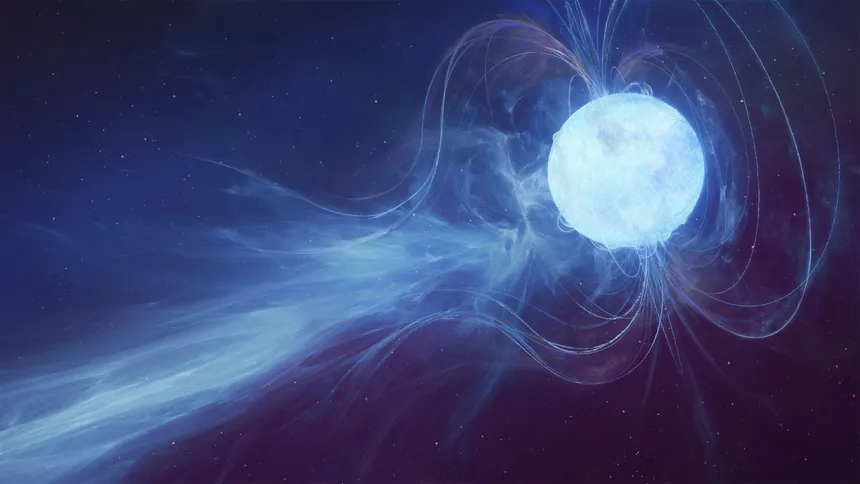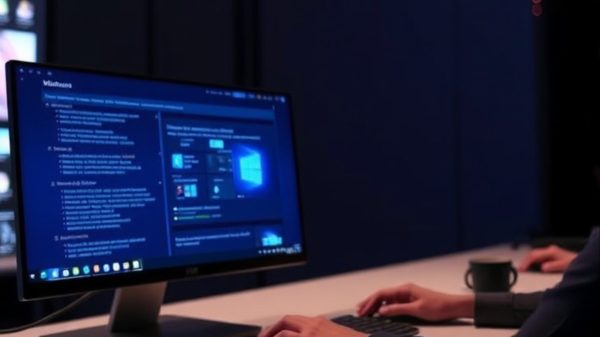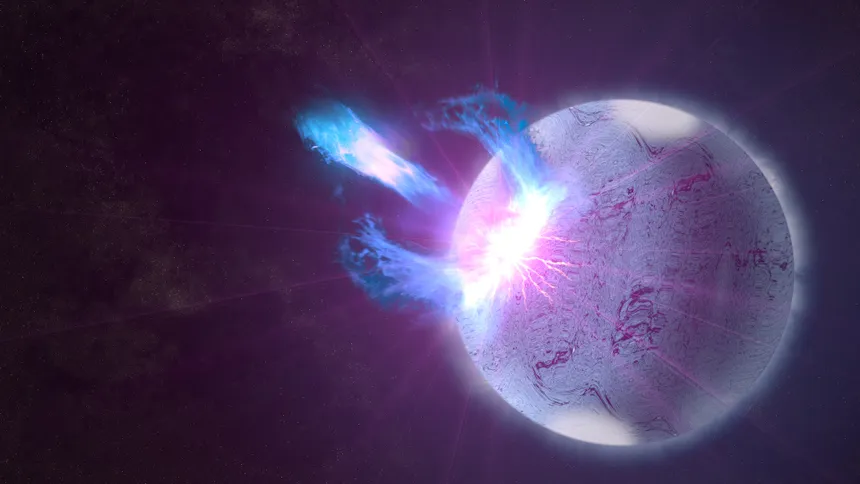Astronomers have long been fascinated by the phenomenon of fast radio bursts, brief but incredibly powerful bursts of radio waves that emerge from distant parts of the universe. These events, which can release as much energy as the sun does in an entire year, have been observed numerous times, but the exact mechanisms that cause them remain poorly understood. Recently, researchers have made significant progress in understanding these mysterytic events by observing the behavior of a type of star known as a magnetar just before and after it emitted one of these bursts.
Magnetars are a subtype of neutron stars, which are the dense remnants of stars that have collapsed in on themselves. These objects are characterized by their incredibly strong magnetic fields, which can be millions of times stronger than those of the Earth. In the case of magnetars, their strong magnetic fields can cause them to experience sudden changes in their rotation, which astronomers refer to as glitches. These glitches can slow down the star’s rotation, and in some cases, can even cause it to spin up dramatically.
The researchers in question used two separate telescopes, NASA’s NICER (Neutron Star Interior Composition Explorer) on the International Space Station and NuSTAR (Nuclear Spectroscopic Telescope Array) in low-Earth orbit, to observe the magnetar SGR 1935+2154 as it emitted a fast radio burst in October 2022. By analyzing the data collected by these telescopes, they were able to identify a pattern in the star’s behavior that suggests that these bursts may be related to the star’s glitches.

New Insights into Fast Radio Bursts Magnetars and Their Glitches May Hold the Key
According to the researchers, the fast radio burst occurred when the magnetar suddenly spun up, causing its magnetic field to become twisted and distorted. This, in turn, may have caused the star’s core to become superfluid, a state in which the ultra-dense matter can exhibit strange and unusual properties. If this is the case, the superfluid could have traveled to the star’s surface and burst out of cracks caused by the spinning faster glitch, releasing a tremendous amount of energy in the form of radio waves.
While this theory is still highly speculative, it is supported by other observations of magnetars and their behavior. For example, previous studies have shown that when magnetars experience glitches, their rotation can slow down dramatically, and in some cases, can even come to a complete stop. This behavior is consistent with the idea that the strong magnetic field of these stars is responsible for the glitches, and that these glitches may be the trigger that sets off the fast radio bursts.
Despite the progress that has been made, the researchers acknowledge that much work remains to be done to fully understand the mechanisms underlying fast radio bursts. The fact that these events are so brief and so distant makes them challenging to study, and more research is needed to confirm the theories that have been proposed. Nonetheless, the recent observations of SGR 1935+2154 have provided a significant breakthrough in our understanding of these mysterytic events, and have shed new light on the behavior of magnetars and the role they may play in the universe.









































